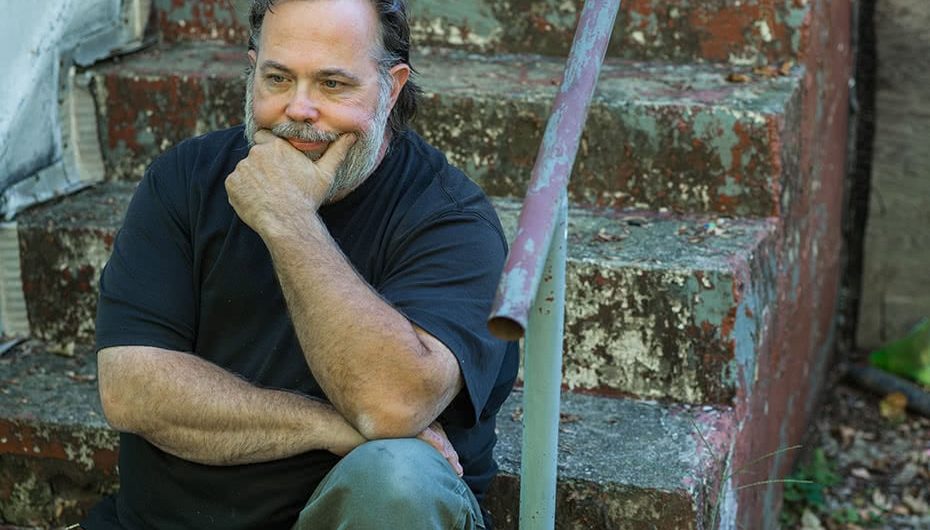Diogenes syndrome (also known as senile squalor syndrome) is a subset of the mental health disorder known as compulsive hoarding. It affects approximately 0.2 percent of the general population, or 10 percent of all hoarders, and is generally found among the elderly. The disorder is equally distributed among men and women.
Signs and symptoms of this disorder include extreme self-neglect, social withdrawal, domestic squalor, compulsive hording, apathy, and lack of shame. The afflicted may also exhibit symptoms of catatonia. People with the disorder are generally unlikely to seek and follow medical advice. Those afflicted exhibit self-imposed isolation.
People who suffer from this affliction are usually only diagnosed by chance, due to somatic illness, or as a result of social intervention related to their known behavioral problems.
The condition was first observed in 1966 and was labeled of Diogenes syndrome by A.N. Clark and his colleagues.
The Three Major Categories of the Diogenes Syndrome Include:
- Individuals who display habitual collecting or hoarding.
- Younger individuals with lifelong mental illnesses.
- Elderly people who have degenerative neurological diseases.
What to Do If Someone You Care About Is Afflicted with Diogenes Syndrome:
- Enlist help in cleaning the problem areas.
- Set a date and stick to it.
- Work methodically, room by room.
- Assign tasks and develop a workable system.
- Donate all useful unwanted items.
People suffering from this illness have a 46 percent five-year mortality rate.
There is also no clear diagnostic criteria for this illness until more facts come to light. Due to these peoples reclusive nature this often proves difficult.
A character portrait of these people is startling. They are thought possess a deep suspicion of doctors and authority figures. People with this disorder are often suspicious of change and possibly suffer from substance abuse or have experienced some kind of significant personal loss. They are usually disheveled and will not invite other people into their house.
People with Diogenes syndrome typically have many pets. They do not like to be scrutinized or observed and usually do not exhibit outward shame, though they do experience shame when their hoarding is discovered. They often only change when they are faced with eviction due to their hoarding of useless things that don’t serve a useful purpose.
Questions about this illness still abound, including whether Diogenes syndrome is an illness in itself or a symptom of a much larger illness.
There Are Thought to Be Two Types of These Hoarding Behaviors:
- The passive type who slowly becomes victim to invading rubbish (such as not throwing away junk mail).
- The active type that actively seeks and collects the rubbish (receiving coupons in the mail and having a compulsion to use them even if the person has no use for the items purchased).
Treatment usually consists of exposure therapy in which the patient is trained to stop having an emotional connection to getting rid of the junk. Those afflicted are often paired with someone else to help them get rid of all the clutter. Drugs are rarely used. Hoarding is thought to be manageable given enough support from family.
Support should include the initial help in organizing the patients’ lives as well as attention given to the problem. Then when things are manageable there should be a routine checkup on the individual to see how well they have been in trying to manage their illness.



